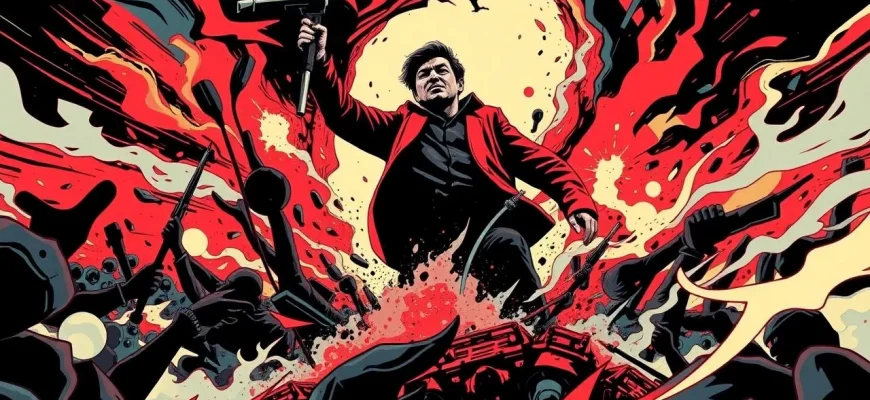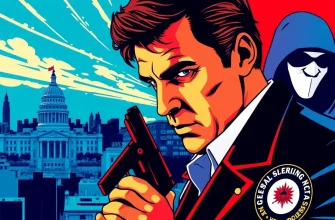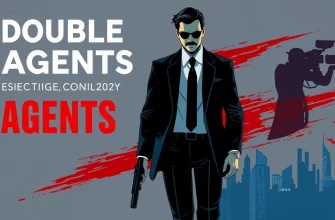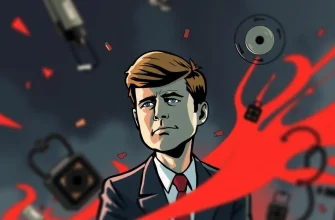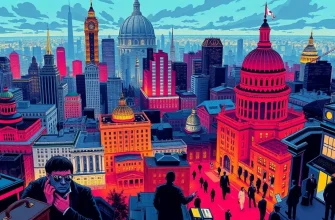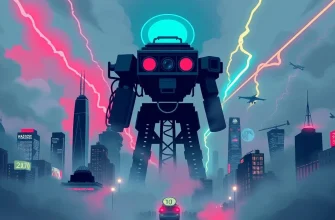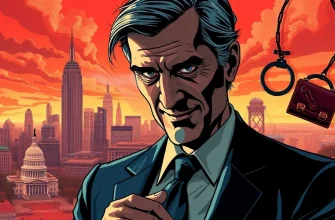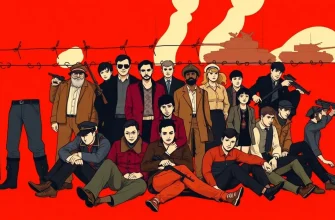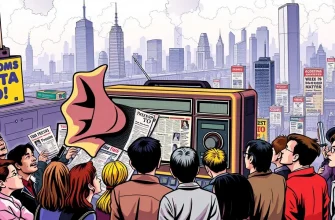This curated list of thriller films delves into the heart of revolution, capturing the tension, drama, and chaos that come with societal upheaval. From historical revolutions to speculative futures, these movies provide a gripping exploration of power struggles, resistance, and the human spirit's fight for freedom. Whether you're a history buff or simply love the adrenaline rush of a good thriller, this collection promises to engage and enlighten.
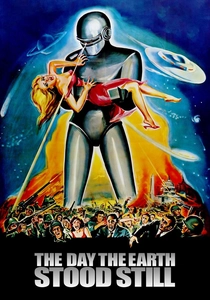
The Day the Earth Stood Still (1951)
Description: An alien visitor comes to Earth with a warning about humanity's destructive path, sparking a revolution in thought and action among the populace.
Fact: The film was remade in 2008 with a different focus; it was one of the first films to address the theme of nuclear disarmament.
 Watch Now
Watch Now
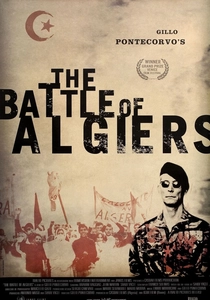
The Battle of Algiers (1966)
Description: This film provides a gritty, documentary-style portrayal of the Algerian struggle for independence from French colonial rule, highlighting the tactics and tensions of urban guerrilla warfare.
Fact: The film was banned in France for five years due to its political sensitivity; it was used by the Black Panthers for training in the 1960s.
 Watch Now
Watch Now

The Matrix (1999)
Description: While not a traditional revolution film, it explores themes of rebellion against an oppressive system, with Neo's journey paralleling revolutionary struggles for truth and freedom.
Fact: The film's "bullet time" effect revolutionized action sequences in cinema; it has inspired numerous philosophical discussions.
 Watch Now
Watch Now
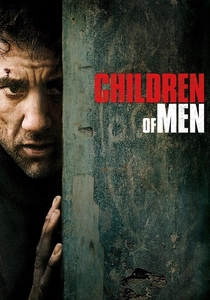
Children of Men (2006)
Description: In a world where humans can no longer reproduce, a former activist must protect the only pregnant woman, leading to a revolutionary movement. The film's bleak setting and intense action make it a compelling watch.
Fact: The film features a continuous 7-minute shot during a pivotal scene, showcasing the chaos of revolution; it was nominated for three Academy Awards.
 Watch Now
Watch Now

Equilibrium (2002)
Description: In a future where emotions are outlawed, a law enforcement officer begins to question the regime, leading to a personal and societal revolution against the oppressive government.
Fact: The film was influenced by classics like "Fahrenheit 451" and "1984"; it features a unique martial arts style called "Gun Kata."
 Watch Now
Watch Now
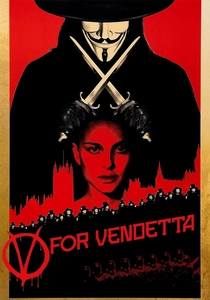
V for Vendetta (2005)
Description: This film is a cornerstone of revolutionary cinema, depicting a masked vigilante's fight against a totalitarian regime in a dystopian future Britain. It's a powerful narrative about the power of ideas and the fight for freedom.
Fact: The film's iconic mask has become a symbol of protest worldwide; the character V was inspired by Guy Fawkes, famous for the Gunpowder Plot of
 Watch Now
Watch Now
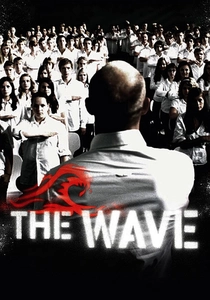
The Wave (2008)
Description: A high school teacher's experiment to demonstrate how fascism can arise in a democratic society spirals out of control, leading to a microcosmic revolution within the classroom.
Fact: The film is based on a real-life experiment conducted in the U.S. in 1967; it has been remade in several countries to reflect local political climates.
 Watch Now
Watch Now
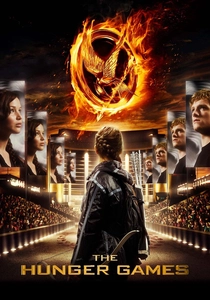
The Hunger Games (2012)
Description: Set in a dystopian future where the Capitol controls the districts through the annual Hunger Games, this film showcases a young girl's journey from participant to revolutionary leader, sparking a rebellion.
Fact: The film's director, Gary Ross, had the cast and crew read "The Hunger Games" book to ensure authenticity; the film's success led to a franchise.
 Watch Now
Watch Now
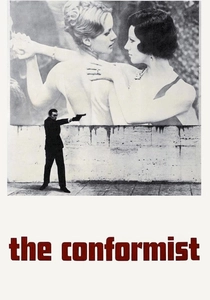
The Conformist (1970)
Description: Set in fascist Italy, this film explores the psychological and political dimensions of conformity and revolution through the eyes of a man assigned to assassinate his former professor, now a political dissident.
Fact: The film's director, Bernardo Bertolucci, was only 29 when he made this masterpiece; it influenced many filmmakers with its visual style.
 30 Days Free
30 Days Free
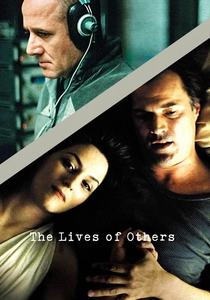
The Lives of Others (2006)
Description: In East Germany, a Stasi officer's surveillance of a playwright leads to his own transformation and a quiet form of revolution against the oppressive regime.
Fact: The film won the Oscar for Best Foreign Language Film; it was initially banned in China due to its sensitive political content.
 30 Days Free
30 Days Free

